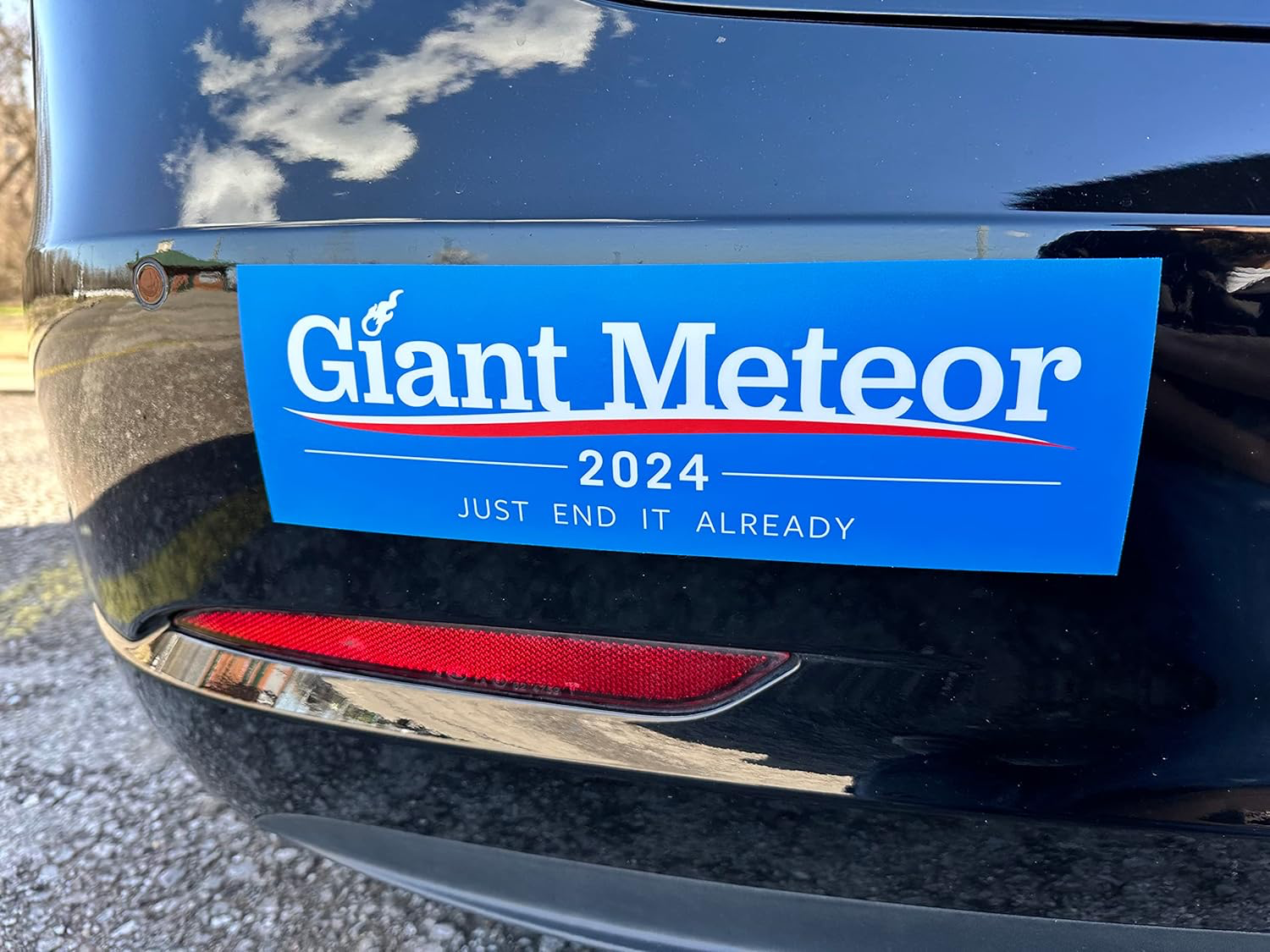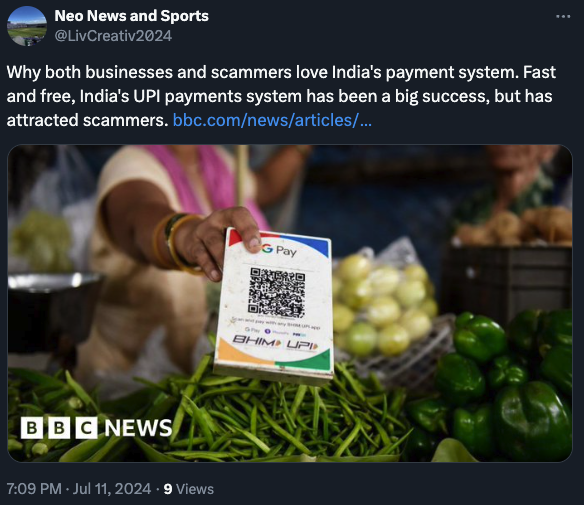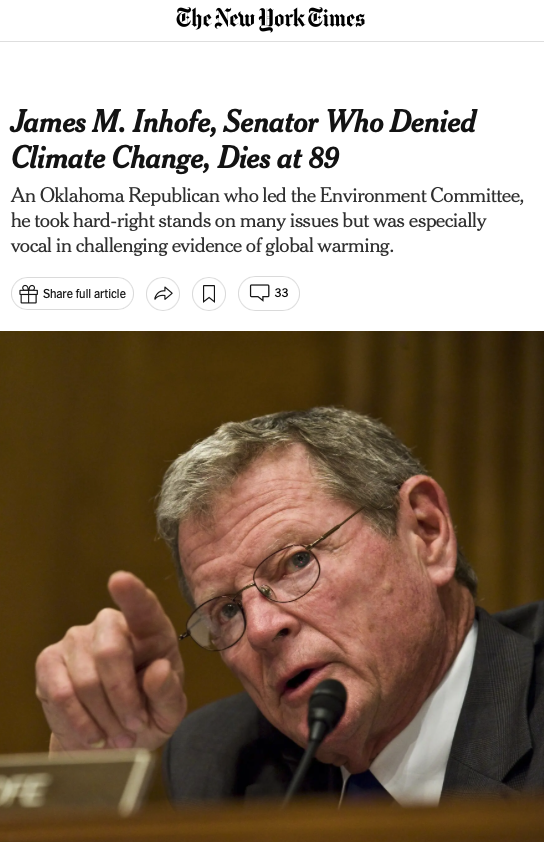39 Days
![]() Election 2024: Follow the Money
Election 2024: Follow the Money
 *Sigh* Let’s talk about the stupid election…
*Sigh* Let’s talk about the stupid election…

Millions of Americans tuned in to a Joe Biden press conference last night — wondering if it would be “Meltdown 2.0,” the coup de grace after his senescent debate performance two weeks earlier. A couple slips of the tongue notwithstanding, it was not.
As was the case after the debate, the hemming and hawing over Biden’s “electability” overshadowed the real news — in this case, a rising likelihood of World War III with the NATO alliance taking an alarmingly belligerent approach this week to both Russia and China.
 Still, whether or not Biden will be the Democrats’ nominee is undeniably big. Should the Democrats’ disarray result in a second Trump term, there will be investment implications just as big.
Still, whether or not Biden will be the Democrats’ nominee is undeniably big. Should the Democrats’ disarray result in a second Trump term, there will be investment implications just as big.
Specifically, Paradigm’s macroeconomics maven Jim Rickards says it would be good for Big Oil, bad for Big Tech.
If you’re not altogether familiar with Jim’s work, you should know that in October of last year he was already entertaining the likelihood that Biden would not be the Democrats’ nominee.
“Biden is suffering serious cognitive decline and is unable to carry out the duties of his office,” he wrote in his flagship newsletter, Rickards’ Strategic Intelligence. “In the end, he will not be the Democratic nominee in 2024.”
Full disclosure: Jim is a die-hard Trumper (in contrast with your editor, whose sentiments are best captured by the above bumper sticker). But Jim is vigilant about making sure his biases don’t get in the way of formulating an objective and detached forecast.
Too, his Biden call is based on consultations with his many contacts inside the deep state.
He cultivated those contacts during his time with the CIA’s “Project Prophesy” — an effort in the years after 9/11 to unearth financial clues to terrorist attacks before they happened. Importantly, those contacts include people who are hostile to Trump.
 If Biden is going to be removed, time’s a-wasting: The Democratic National Convention gets underway in Chicago only 39 days from now.
If Biden is going to be removed, time’s a-wasting: The Democratic National Convention gets underway in Chicago only 39 days from now.
And while the corporate media obsess over which member of Congress is calling for Biden to step aside, Jim says the real tell is the Dems’ donor class.
“If his family, the politicians and press can’t persuade him, what will?” he wrote his Strategic Intelligence readers two days ago. “The answer is money.
“The big donors to the Democrats, the kind who give $10 million donations (or more) are putting their checkbooks away. These people are media moguls, tech billionaires, celebrities and big-time property developers.
“When they refuse to give money to Biden, they are also hurting the down ballot races from senators to House members to governors. Politicians are notorious for saying, ‘Show me the money.’ For now, big donors have an answer: ‘Just say no.’”
So watch for headlines about the donors. That will be the tell.
This just in: “Some major democratic donors have told the largest pro-Biden super PAC, Future Forward, that roughly $90 million in pledged donations is now on hold if President Biden remains atop the ticket,” says The New York Times — citing “two people who have been briefed on the conversations.”
Back to the investment implications: Jim says a second Trump term would be good for Big Oil for obvious reasons, benefiting Exxon Mobil and Chevron. Less obvious is the threat it poses to Big Tech: Google and Facebook are shedding conservative users, while Tesla’s generous tax breaks are at risk.
We’ll leave it there today. Slimy as politics are, sometimes we must grapple with it — especially when so many people feel so invested in the outcome. But we’ll pick our spots and exercise prudence in when to do so.
![]() Report From Boca: Watch Silver, Uranium
Report From Boca: Watch Silver, Uranium
 “There are some tremendous opportunities emerging in natural resources,” Paradigm’s income pro Zach Scheidt reports from the Rick Rule Symposium on Natural Resources in Boca Raton, Florida.
“There are some tremendous opportunities emerging in natural resources,” Paradigm’s income pro Zach Scheidt reports from the Rick Rule Symposium on Natural Resources in Boca Raton, Florida.
Every year, resource investing legend Rick Rule draws a substantial crowd to south Florida despite the midsummer heat and humidity. As it happens, Jim Rickards is this year’s keynote speaker.
“This week's conference has been heavy on precious metals coverage,” Zach says. “I've heard some interesting conversations about the potential for central banks to buy silver in addition to huge gold stockpiles that have been purchased in the last two years.”
Hmmm… That would be a huge source of new silver demand on top of what goes into solar panels and other industrial uses.
 “Energy resources have also been featured here in Boca,” Zach goes on. “I'm particularly intrigued by some of the data I'm seeing on uranium.
“Energy resources have also been featured here in Boca,” Zach goes on. “I'm particularly intrigued by some of the data I'm seeing on uranium.
“Especially since sanctions against Russia have the potential to disrupt imports of uranium from Russia -- which means demand must be met from other sources.”
Those other sources would not include Kazakhstan — the world’s biggest uranium producer.
While the conference was underway this week, the Kazakh government slapped a huge new tax on uranium production — which will undoubtedly discourage production and tighten global supply.

The news from Kazakhstan was an instant boost to uranium stocks on Wednesday — the VanEck Uranium and Nuclear ETF (NLR) popped 3.4%. [Disclosure: Your editor owns a small position in NLR.] Expect some sideways consolidation in the sector through the rest of the summer before it takes off again in the fall.
As we mentioned last month, the entire raw-materials space is in the midst of a new commodities supercycle — a phenomenon that minted huge fortunes in the 1970s and again in the 2000s.
Alan Knuckman’s trading service The Profit Wire recently tweaked its strategy to take advantage of the trend for the balance of the 2020s. We’ll reopen The Profit Wire to new members later this month; watch this space.
 It’s touch-and-go, but gold is on track to notch a weekly close over $2,400. At last check, the bid is down six bucks to $2,408. Alas, silver has pulled back below $31.
It’s touch-and-go, but gold is on track to notch a weekly close over $2,400. At last check, the bid is down six bucks to $2,408. Alas, silver has pulled back below $31.
Intriguingly, the HUI index of gold stocks is adding to yesterday’s gains — inching above 300 for the first time since April 2022.
The rest of the stock market is solidly in the green after yesterday’s losses, the S&P 500 up three-quarters of a percent to 5,626.
But the real action is in small caps, the Russell 2000 up 1.8% — adding to a huge gain yesterday. Small caps benefit disproportionately from lower interest rates, and the Fed appears on track to begin rate cuts two months from now.
Earnings season is underway, with JPMorgan Chase down 1.8% despite beating analyst expectations on both revenue and profits. (As Paradigm chart hound Greg Guenthner is wont to remind us, it’s not the news but the reaction to the news that counts.)
Elsewhere, AT&T is down only three-quarters of a percent after disclosing a data breach affecting “nearly all” of its customers’ calling and texting records from 2022. What a joke…
The big economic number of the day is wholesale inflation. Unlike yesterday’s consumer inflation number, this one is trending higher again — up 0.2% month-over-month. The annual increase works out to 2.6%, up from 2.4% the previous month.
Crude is on track to tend the week over $83, on the high side of its trading range so far in July.
![]() It’s Convenient… and Easy for Scammers
It’s Convenient… and Easy for Scammers
 From India comes the following object lesson: For all its surveillance, a cashless society is no protection against fraud.
From India comes the following object lesson: For all its surveillance, a cashless society is no protection against fraud.
As we’ve been chronicling regularly since 2016 — most recently 16 months ago — India is leading the march toward a no-cash future.
The UPI system — short for Unified Payments Interface — is a scheme launched with the help of the U.S. Agency for International Development, Visa, Mastercard, the Gates Foundation and the World Economic Forum.
Today, nearly all of India’s adult population has submitted to a digital identification scheme without which it’s almost impossible to get a bank account or even a mobile phone. And mobile phones using QR codes processed 14 billion transactions during May — even for purchases as modest as a 10-cent cup of chai.
Enter the scammers…

In some cases the scammers need to do little more than trick their marks into sharing their PIN.
Others have gone to more trouble, creating fake apps that are clones of legit apps from real banks.
And too often, everyday Indians still adjusting to the technology don’t know any better. "I did not think I could be cheated,” a 22-year-old woman named Shivkali tells the BBC. But she was scammed out of $200 for a scooter that the “seller” never delivered.
"The pace at which digital transformation took place in the country means unfortunately digital literacy and safe internet practice could not catch up," says Shashank Shekhar, founder of something called the Future Crime Research Foundation.
“According to government figures,” says the Beeb, “there were more than 95,000 cases of fraud involving UPI in the financial year ending April 2023, up from 77,000 in the previous year.”
Wanna bet that number will keep rising? Consider it a cautionary tale wherever you live…
![]() Flashback: 2008 and a Threat of Martial Law
Flashback: 2008 and a Threat of Martial Law
 As the week winds down, we’d be remiss if we failed to note the passing of someone who pulled back the veil, if only briefly, to show how the government and the financial system really work.
As the week winds down, we’d be remiss if we failed to note the passing of someone who pulled back the veil, if only briefly, to show how the government and the financial system really work.
Retired Sen. Jim Inhofe (R-Oklahoma) died on Tuesday at age 89 after a stroke. He resigned last year after first being elected during the Republican wave of 1994.
The mainstream spin was not subtle…

But from where we sit, Inhofe’s signal accomplishment was to disclose the brutal strong-arm tactics of the Dubya Bush administration in pushing for bank bailouts during the 2008 financial crisis.
We’ve told it before but it’s worth recounting again: On Sept. 29, 2008, the U.S. House rejected congressional leaders’ first attempt to pass a bailout bill. The vote was 205 in favor, 228 against.
The Dow Jones industrials promptly crashed 778 points — which back then was a big number, indeed a record single-day point total at the time.
That was on a Monday. By Friday of that week, the House reversed course and passed a minor revision to the bill, 263-171. With that, $700 billion in taxpayer money was used to rescue the banks — privatized profits, socialized losses.
In between those two votes, Rep. Brad Sherman (D-California) delivered a remarkable speech on the House floor…
Many of us were told in private conversations that if we voted against this bill… that the sky would fall, the market would drop 2,000 or 3,000 points the first day, another couple thousand the second day, and a few members were even told that there would be martial law in America if we voted no.
A few weeks later, Inhofe confirmed to a Tulsa radio station that those tanks-in-the-streets threats came directly from Treasury Secretary (and former Goldman Sachs CEO) Hank Paulson.
For the record, Inhofe voted against the bailout. (Sherman voted “nay” in the House both times.)
Inhofe was a traditional Reaganite conservative, unable to appreciate that small government and a big military just don’t mesh.
But we’re in his debt for this brief moment of disclosure. No one else will write about it, so we’re compelled to do so…
![]() Mailbag: Corporate Culture, “Official” Inflation
Mailbag: Corporate Culture, “Official” Inflation
 After your editor torched Boeing earlier this week (and JPMorgan Chase), a reader writes…
After your editor torched Boeing earlier this week (and JPMorgan Chase), a reader writes…
“Dave, Emily, I haven’t seen this observation yet, so must chime in:
“Any company ‘too big to jail’ or ‘too big to fail’ is a sure sign they should have been broken up long ago (Sherman antitrust, even though it’s far from libertarian!).
“But since nobody’s doing that, they should be prosecuted to the fullest and allowed to drown in their own cesspool.
“Accountability, as you mentioned. The rule of law must return.
“I’d rather fly the skies made friendly by those engineers and machinists with their pesky propensity toward aircraft soundness, any day. These are human lives entrusted here, to a company culture of complacent incompetence to the point of flouting. The FAA should pull their license.
“Many thanks for your wiki of felonious monkeys — and many thanks for all your 5s!”
Dave responds: It’s just too far gone, the corporate culture.
Too many people online blame it all on the 2020s fixation with “diversity, equity and inclusion.” But as Boeing demonstrates so well, it’s an entire system of perverse incentives going back decades.
And not just Boeing. As I’ve ranted for a couple of years now, it’s everything — Boeing planes that can’t fly, Pfizer jabs that don’t protect and then there are the banks (see Bullet No. 4).
A few outliers who get too far out over their skis — Elizabeth Holmes, Sam Bankman-Fried — are made examples of. Just enough to persuade the proles that there is accountability and the rule of law.
Likelihood of these issues coming up during the next presidential debate, should it occur? Zilch.
 “Thanks, Dave, for explaining what the gubmint bean counters use to come up with those ‘official’ inflation numbers,” writes our final correspondent.
“Thanks, Dave, for explaining what the gubmint bean counters use to come up with those ‘official’ inflation numbers,” writes our final correspondent.
“Throw in the Wall Street gangsters, who are wetting themselves over the thought of a rate cut — all the while, us (your intelligent readers) realize inflation ain’t nowhere near 2-point-whatever percentage they’re trying to get us to buy.
“Case in point. Just got our insurance renewals from that mayhem guy. Son of a *****, between auto, home, rental and umbrella, they want 58% more than last year, after a 22% increase last year! NO claims, mind you.
“Needless to say, have dropped mayhem for the don’t-compromise guy and NO increase from last year’s cost of insurance. I consider us lucky to have found this! Couldn’t use Warren Buffett’s lizard — they don’t insure rental homes???
“It pays to shop around for everything nowadays, in trying to achieve that gubmint official inflation rate.
“But hey (to coin Dave’s phrase), inflation has been conquered!”
P.S. Kudos to Jim Rickards and team as his gold and energy plays are doing great! Hmm, think they call these inflation hedges, ahem…
Dave: Good to hear. We’re all going to need a roaring commodities market to stay ahead of the cost of living the rest of this decade. We’ll stay on the case…










